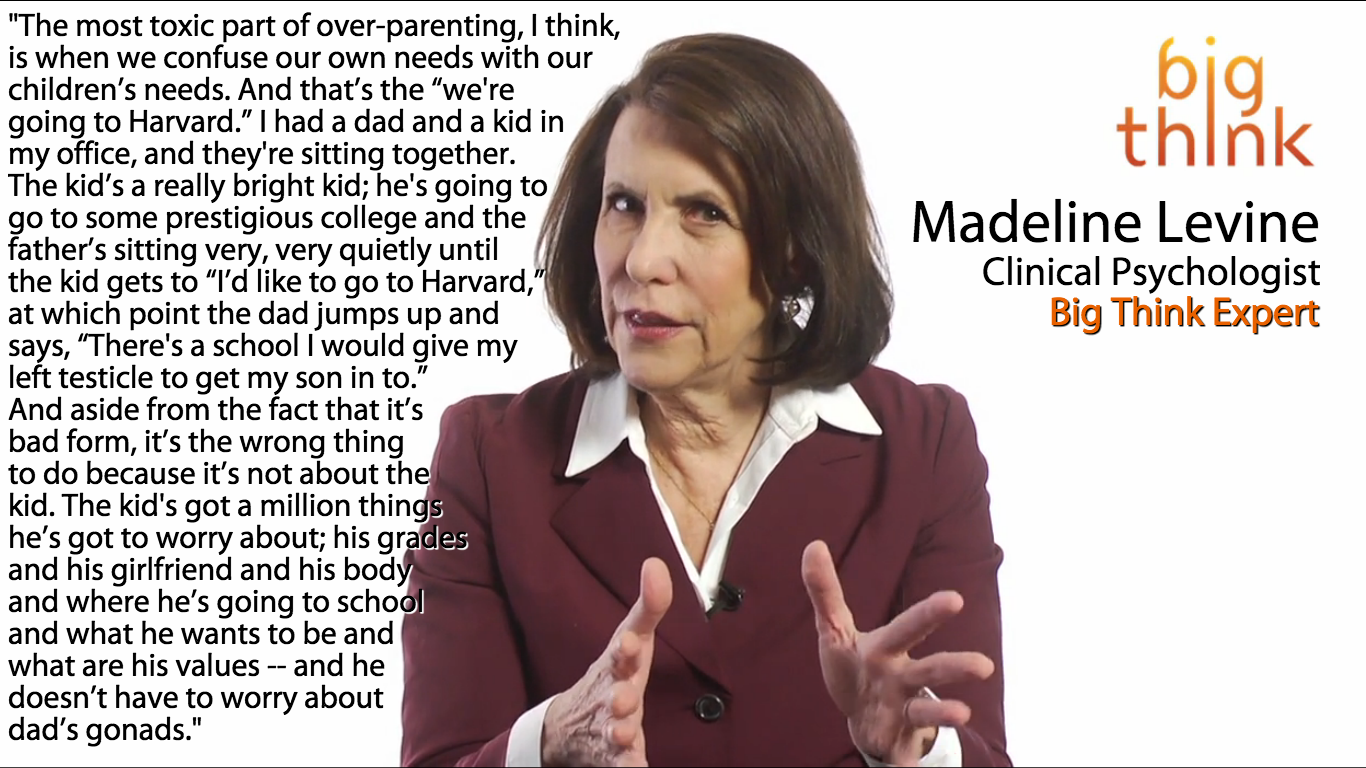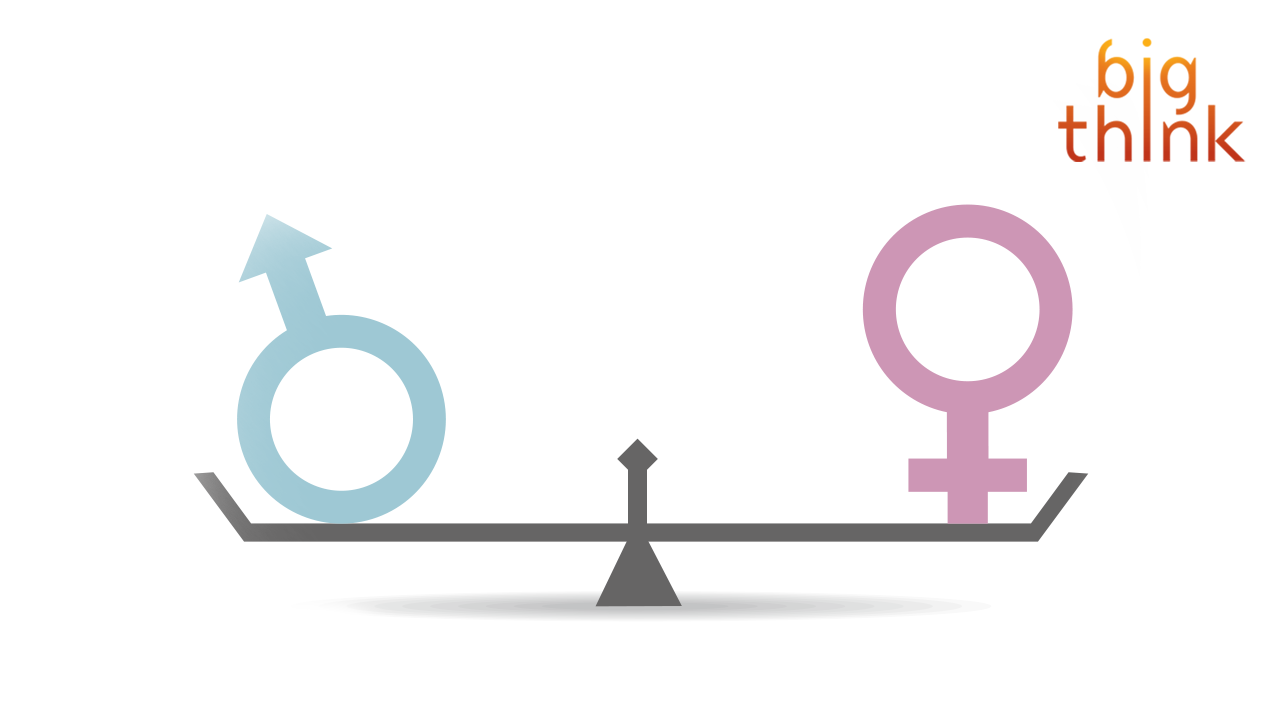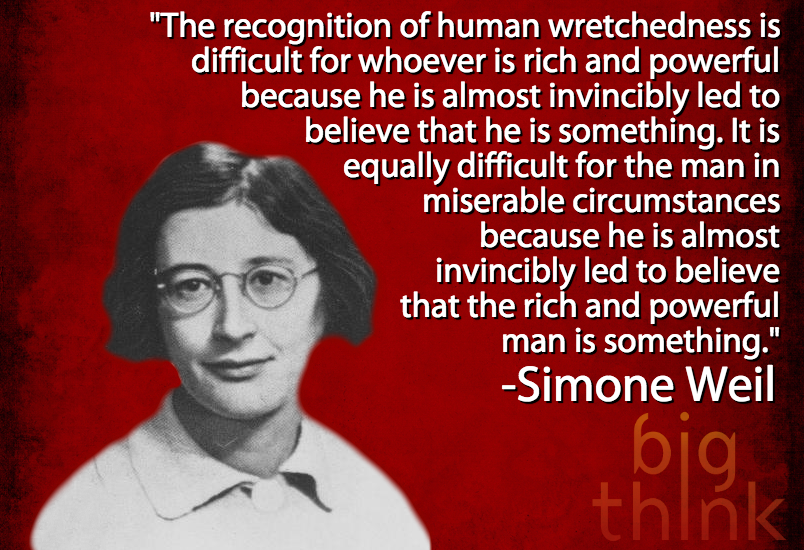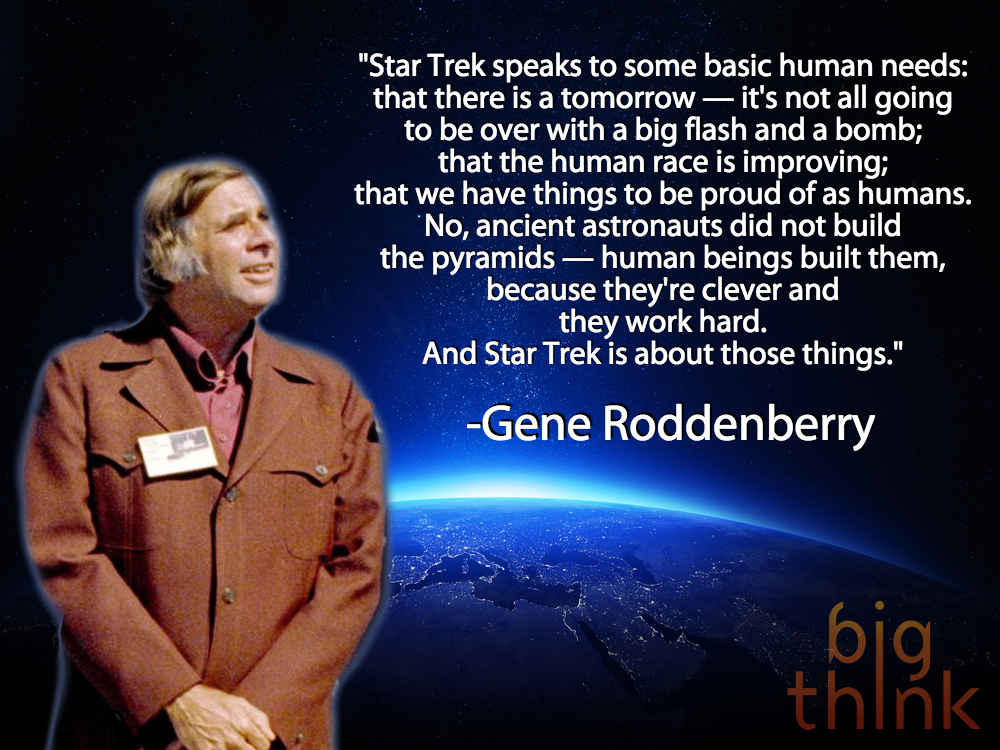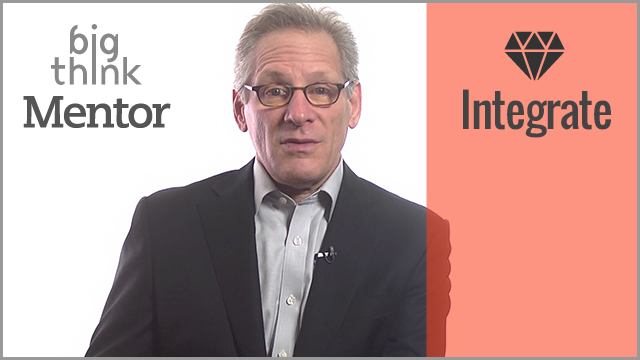Some health advocates believe the public would eat healthier if they were informed just how much they’d have to exercise to work off a bowl of sugary cereal or a liter of cola.
All Articles
Today is the 658th anniversary of the most significant seismic event in the record history of Central Europe. A magnitude 7.0 earthquake decimated the Swiss town of Basel and leveled every church within 30 km.
Madeline Levine discusses an instance when one overbearing father shared a little too much information. From her Big Think interview on parenting, available here.
Much is often said about America’s growing racial diversity and its effect on the future of politics. Perhaps not enough is being said about the country’s rapidly aging population.
The renowned physicist and scholar discusses the science of lucid dreaming, from his Big Think interview posted earlier this week.
A $1.5 million grant will allow researchers from a consortium of different schools develop body-degradable implants that can be calibrated to dissolve after a predetermined amount of time.
Dr. Atul Gawande’s new book Being Mortal explains how doctors focused on saving lives often find themselves unprepared to guide terminal patients toward their inevitable ends.
A Polish man paralyzed from the chest down since 2010 has regained the ability to walk after a new treatment transplanted cells from his nasal cavity into his spinal cord.
Under most circumstances, the bones and cells protecting our brain are a blessing. But when it comes to delivering vital medicine to patients with disorders such as Alzheimer’s, scientists have turned to creative solutions to infiltrate the brain’s defenses.
Sure, the Universe is expanding, and that expansion is accelerating. But beyond simply calling the cause “dark energy,” what do we know about it? Image credit: NASA, ESA, H. Teplitz […]
My neighborhood is a tranquil place—the sort of area where you watch images of war and oppression from far away. Those columns of black smoke, the men riding by with […]
If our present scientific achievements pale in comparison to the grand gestures of putting a man on the moon and building nuclear weapons, it may be that our capacity to tell imaginative narratives is suffering.
An international survey of school teachers has found that the vast majority believes in myths about the brain and wrongly adapt their lessons to accommodate these myths.
In most respects, neurology’s attack on free will seems to have won the day, not the least reason being that randomness is a far cry from making free and intentioned decisions.
The nation’s highest-profile technology companies are creating some unusual policies in order to encourage women to keep working through the peak of their childbearing years.
Having a much more interesting time with life than your peers is a recipe for social isolation, according to a report published in Psychological Science.
Throughout the developing world, “and increasingly in Africa and Asia,” the single largest occupation for women is agriculture. Yet although they perform much of the labor, women and girls (who […]
And the undeniable physics of how fusion actually works. Image credit: The FIRE Place, via http://fire.pppl.gov/. “Between cold fusion and respectable science there is virtually no communication at all. …because the […]
Decades of neuroscientific research may be culminating in treatment to help those with short attention spans overcome their lack of focus.
Photo of astronaut Reid Wiseman taken by fellow ISS crewmember Barry E. Wilmore.
“The recognition of human wretchedness is difficult for whoever is rich and powerful because he is almost invincibly led to believe that he is something. It is equally difficult for the man in miserable circumstances because he is almost invincibly led to believe that the rich and powerful man is something.”
An Army Captain advocates for a rethinking of the way the U.S. military trains and promotes its leaders. He vouches for flexible planning, adaptive learning, and a stronger meritocracy.
Workplace survival during a leadership change is an exercise in Social Darwinism (and sometimes involves more bootlicking than we’d like to admit).
The trouble with teenagers is well-known to many parents: they are hormone-driven, thrill-seeking bundles of eros with a shocking inability to think through the consequences of their actions. Adolescents don’t […]
Ebola is starting to pose a serious risk to public health in America. But the threat is not the disease itself. The real danger is a growing epidemic of fear, an infection that spreads much more readily than the virus, is far harder to treat, and which threatens to cause much more sickness and death. The longer this epidemic of fear persists, the greater the likelihood that fear of Ebola in the United States will harm public health far more than the deadly hemorrhagic virus itself.
“Star Trek speaks to some basic human needs: that there is a tomorrow — it’s not all going to be over with a big flash and a bomb; that the human race is improving; that we have things to be proud of as humans. No, ancient astronauts did not build the pyramids — human beings built them, because they’re clever and they work hard. And Star Trek is about those things.”
Where college application season often means reaching for the stars, it’s also important to maintain perspective about your financial limitations.
Thank you notes are great for following up with a prospective employer, reconnecting with an old friend, expressing gratitude for spectacular service, or just letting someone know you care.
Whenever I work with a company or talk to people in the business world, I’m always asked for a model or a set of scientific formulas that can “solve” behavior […]
How many times have you heard a colleague preach about the importance of achieving a healthy work-life balance? For a lot of self-helpers, achieving an equilibrium between the personal and […]


